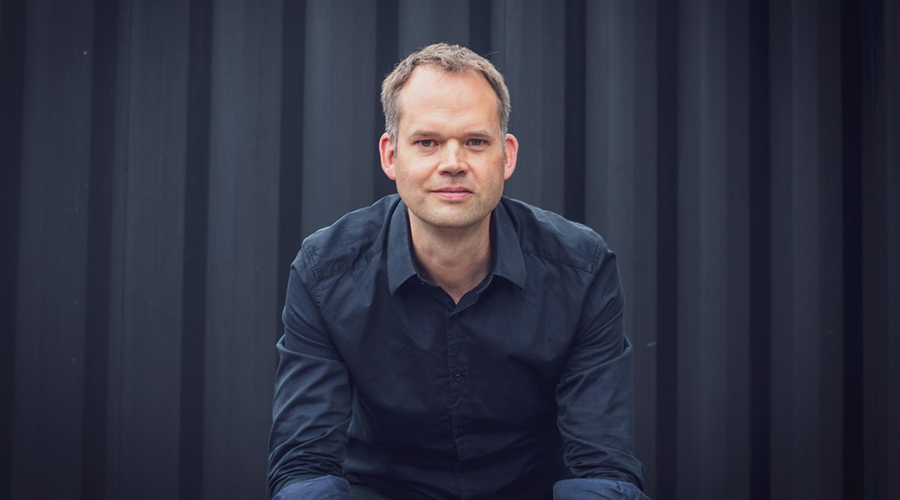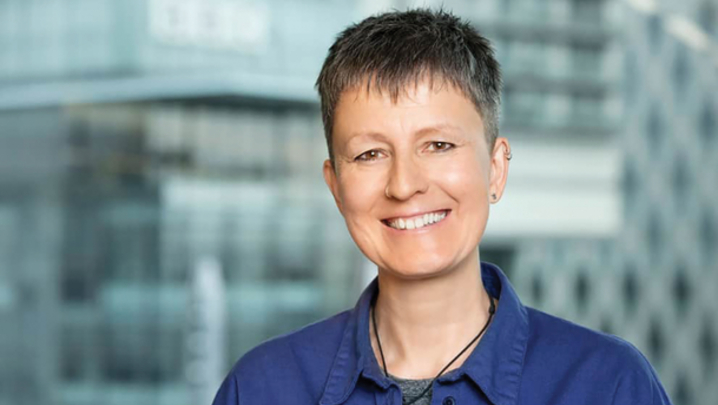“We are constantly fed the rhetoric that the industry is in challenging times. It is… but the world will always need content.”
This was Cameron Roach, RTS North West Chair and founder of Rope Ladder Fiction, speaking at an October forum.
Describing the rationale behind “Finding opportunities in challenging times”, Roach said: “At the RTS, we believe it’s about coming together collectively, even if you’re out of work, because if you’re passionate about telling stories you will want to continue. Collectively, we can find the solutions to do that.”
Roach chose the venue for a reason – the WPP Manchester campus was built on Granada Studios’ former site. “When I did my first work experience at Granada, networking happened naturally and organically,” he said. “The industry has lost that community because we’re so siloed now.”
Roach said the RTS is passionate about supporting new entrants. RTS Beryl Vertue Bursary Scholar Saleem Miah, a Manchester Metropolitan University film student, said the scheme was “life-changing” and “more than just a financial lifeline”. He added: “The mentorship and guidance have played a huge role in my journey.”
Isobel Glenton from arts centre HOME Manchester urged new entrants to “get in touch with local venues doing talent development work and community projects”.
Shaunna O’Brien, Development Editor at Northern Sister, discussed a partnership between the indie and HOME to foster connections. “Going into HOME… to read scripts,” she said, “giving notes, making people aware that there are people who want to talk to emerging film-makers, is a massive deal.”
Louise Brown, Partnerships and Apprenticeships Manager at the BBC, spoke of other opportunities: “The BBC is working towards [engaging] 1,000 apprentices every year by 2026 – not only in production, but also across legal, HR, IT. Some [BBC schemes] will pay 50% [of salary] to indies with a BBC commission to take on an apprentice, and 30% for those without.”
Across the UK, she added: “We want indies to offer… 12-week placements. We don’t want you to have to move to London just because you want to work in telly.”
Reinforcing the message that local opportunities exist, Screen Manchester’s Elli Metcalfe told how she places new entrants with crews in the region: “We can fund up to 50% of [a trainee’s] wages and we’re there if they need mentorship or extra training.”







